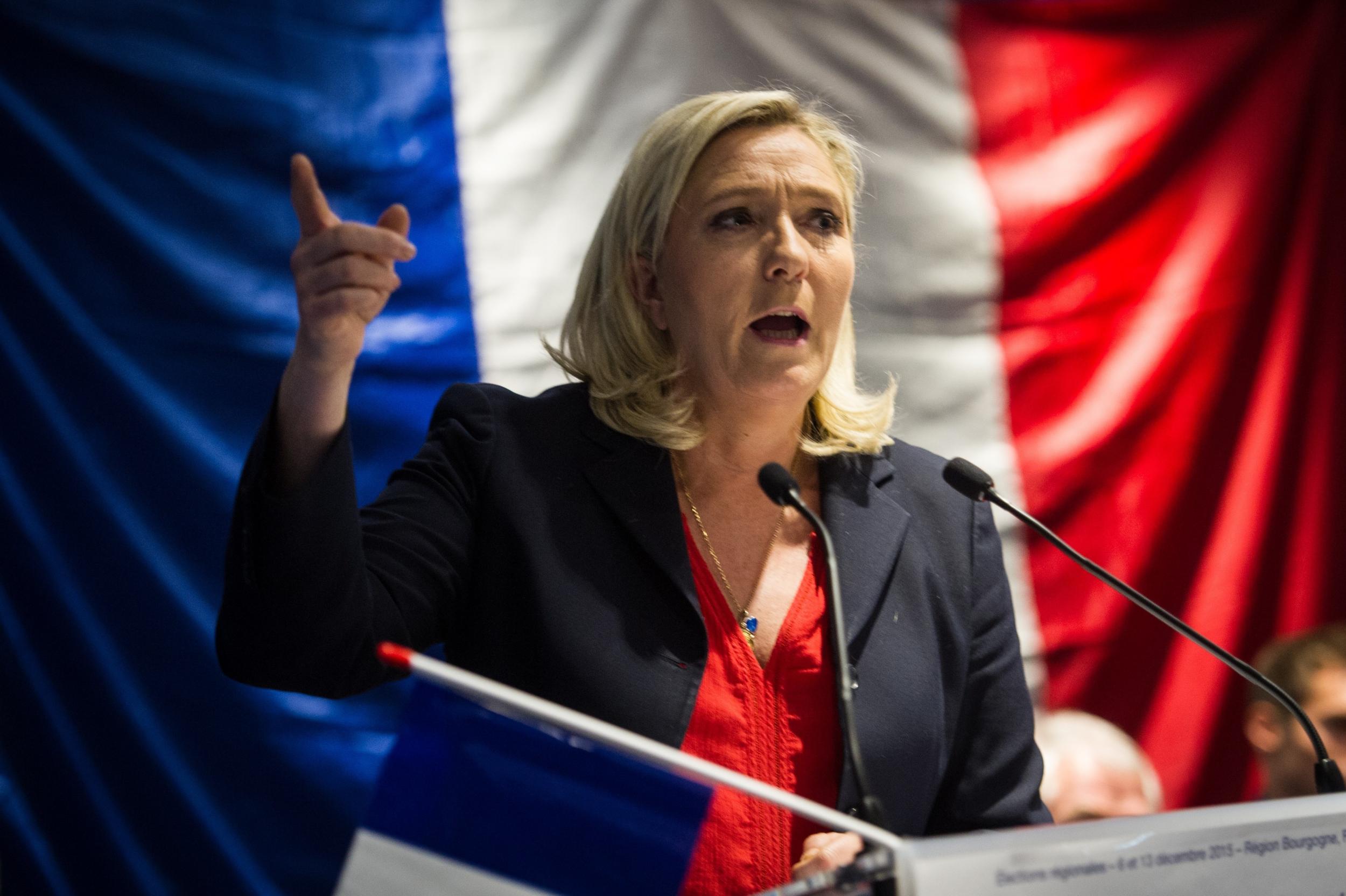Political contagion across EU is greatest Brexit risk, Moody’s says
Moody’s has lowered growth forecasts for the UK and the EU, citing diminished confidence in the wake of the Brexit vote

Your support helps us to tell the story
From reproductive rights to climate change to Big Tech, The Independent is on the ground when the story is developing. Whether it's investigating the financials of Elon Musk's pro-Trump PAC or producing our latest documentary, 'The A Word', which shines a light on the American women fighting for reproductive rights, we know how important it is to parse out the facts from the messaging.
At such a critical moment in US history, we need reporters on the ground. Your donation allows us to keep sending journalists to speak to both sides of the story.
The Independent is trusted by Americans across the entire political spectrum. And unlike many other quality news outlets, we choose not to lock Americans out of our reporting and analysis with paywalls. We believe quality journalism should be available to everyone, paid for by those who can afford it.
Your support makes all the difference.Political contagion in the EU is the biggest risk to global trade and economic growth in the aftermath of Brexit, a report has found. Other EU countries might be more likely to leave the EU because of the UK referendum result, US ratings agency Moody’s has warned, which would have a major impact on global growth.
The UK has the second largest economy in the EU, representing 3.5 per cent of the global economy. Its contribution to global growth was only 0.1 per cent in 2015, according to Moody’s.
By comparison, the EU economy represents roughly a quarter of global GDP – making the EU bloc systemically more important to the world economy.
This means the materialisation of negative risks in the EU would have significant consequences for global trade and economic growth.
“The downside risks to global growth stem not from the possibility of a recession in the UK, but from the possibility that developments in the UK may give rise to increased political risk elsewhere in the EU,” Elena Duggar, Moody’s associate managing director said.
With the Netherlands, France and Germany facing important elections in 2017, political risk could rise if populist, anti-EU parties were to gain support.
Marine Le Pen, the leader of the National Front in France who has been campaigning for France to leave the EU since 2013, has already said British people had given the EU and the world a “dazzling lesson in democracy.”
Dutch anti-immigration politician Geert Wilders also called for a “Nexit” vote as soon as possible, saying “the Dutch population deserves a referendum as well”.
“There is no guarantee that investors’ emotions will not turn wild again if signs of political contagion from the UK into mainland Europe becomes more visible,” NN investment, an insurance and asset management company, said.
Moody’s also lowered growth forecasts for the UK and the EU because of a decline in investment and consumer spending.
The UK economy is expected to grow 1.5 per cent in 2016 and 1.2 per cent in 2017, from 1.8 per cent and 2.1 per cent previously.
Moody’s also lowered its EU area growth expectation to 1.5 per cent for 2016 and 1.3 per cent for 2017, from 1.7 per cent and 1.6 per cent previously, reflecting country-specific developments combined with limited impact from Brexit.
Still, the agency noted that in the absence of political contagion, the impact on growth in the EU will be less significant than in the UK, due to limited EU exposure to direct economic and trade links.
Consumer confidence has sunk to its lowest point in more than two decades in the wake of the EU referendum.
The GfK Consumer Confidence Barometer, which saw people questioned between 30 June and 5 July, dropped 8 points from the reading taken in the middle of June to minus 9.
This was the biggest recorded fall since December 1994.
Join our commenting forum
Join thought-provoking conversations, follow other Independent readers and see their replies
Comments